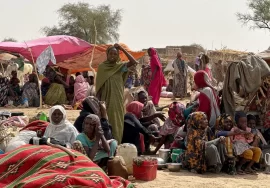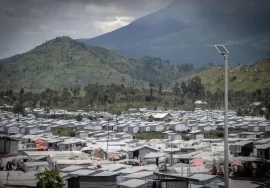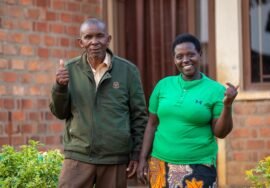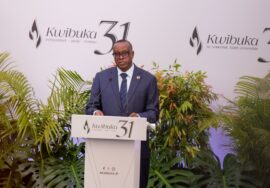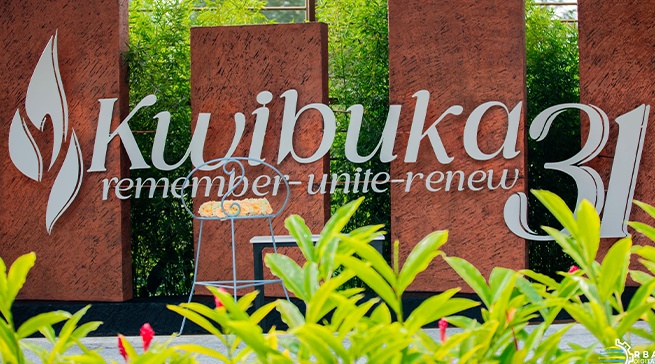
Rwanda: RBC Reports Over 2,000 Trauma Cases During Commemoration Week

During this year’s commemoration week for the Genocide against the Tutsi, Rwanda Biomedical Centre (RBC) reported that 2,088 individuals were admitted to health facilities for trauma and emotional distress linked to the commemoration.
A considerable number of cases involved Genocide survivors reliving traumatic experiences they endured during the 100-day pogrom that claimed over one million lives. Others were affected by hate messages spread by individuals with malicious intent.
Prof. Darious Gishoma, division manager of mental health at the RBC, said that reports of genocide ideology cases, particularly during Kwibuka week, often trigger setbacks in survivors’ healing journeys.
“You find that someone who has spent years working through their trauma and rebuilding their life may suddenly regress,” said Gishoma. “Some read harmful content on social media and begin to feel insecure, even fearing that such ideologies could be resurfacing.”
During Kwibuka week, from April 7 to 13, the Rwanda Investigation Bureau (RIB) reported 82 cases of genocide ideology and related offences.
Prof. Gishoma explained that emotional distress and trauma manifest differently depending on each person’s background and experiences. He added that for people under 31, born after the genocide, trauma often stems from the environment in which they were raised.
“For those over 31 who lived through the genocide, trauma is often rooted in reliving the horrors they experienced, and this group tends to struggle with deep emotional scars from the past,” said Gishoma.
He emphasized that as the country continues the 100-day commemoration period, it is crucial for anyone experiencing symptoms of trauma or emotional distress to seek professional help.
“We encourage people to consult a doctor or mental health professional and get the support they need,” he said.
Statistics from RBC indicate that people over the age of 31 were more affected by trauma and emotional distress, accounting for 85 to 90 per cent of reported cases. Around 10 per cent were younger individuals born after the genocide.

